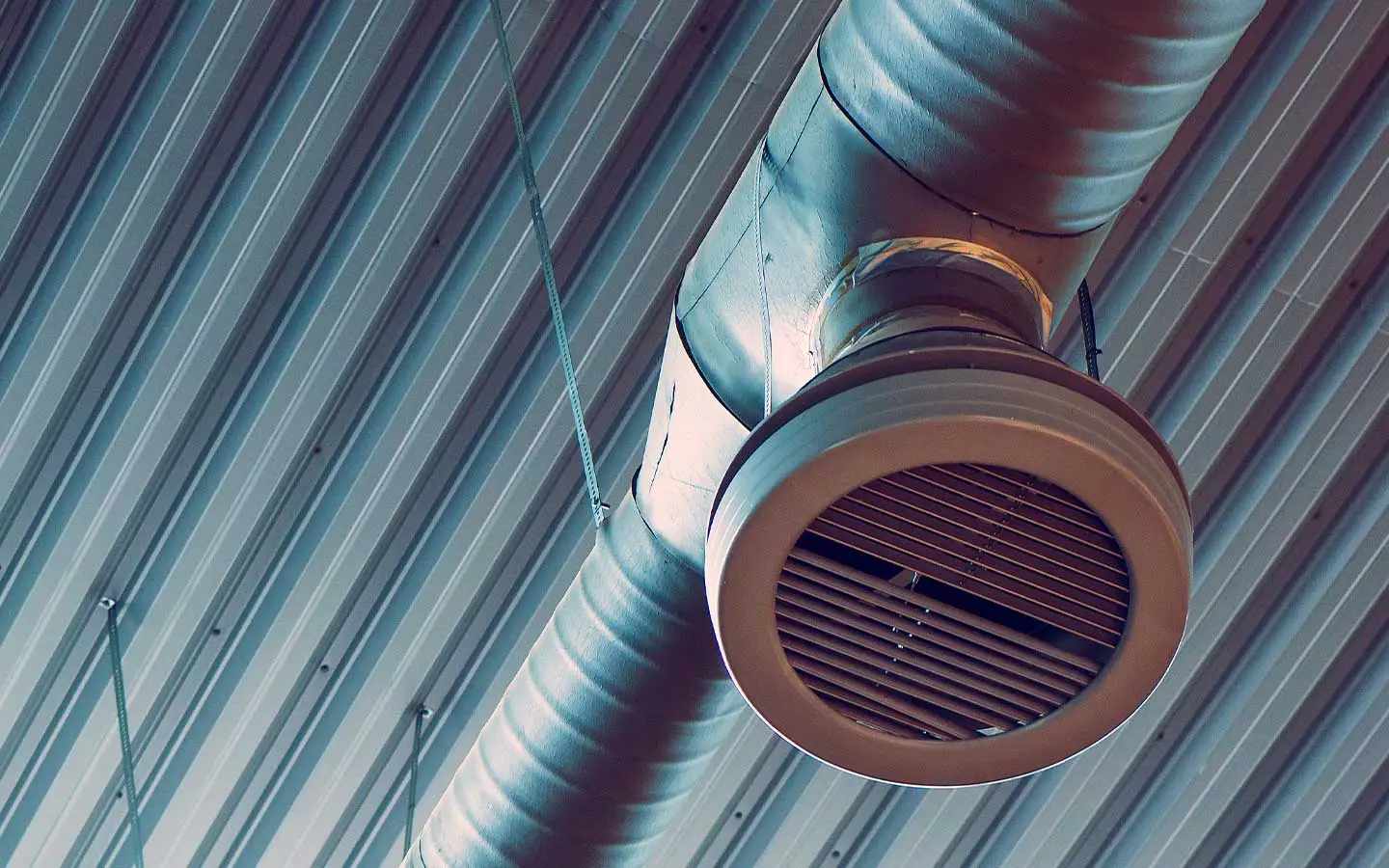Why Building Services Matter More Than Ever
Your commercial building’s HVAC and electrical systems are its invisible foundation—critical for tenant comfort, operational efficiency, and regulatory compliance. Yet these essential systems often receive minimal attention until they fail or during a commercial building renovation project. In Christchurch’s challenging climate and evolving regulatory environment, outdated building services can significantly impact property value and operational costs.
Modern commercial tenants expect reliable, efficient building systems that support their business operations. Understanding when and how to upgrade these systems protects your investment while ensuring tenant satisfaction and regulatory compliance.
Tenant expectations have evolved significantly in recent years. Modern businesses require:
- Reliable climate control for year-round comfort and productivity
- Adequate electrical capacity for modern equipment and technology
- Energy efficiency to control operational costs and environmental impact
- System reliability that won’t disrupt business operations
Regulatory requirements continue to evolve, particularly around energy efficiency and environmental performance. Buildings with outdated systems may face compliance challenges or restrictions affecting tenant options.
HVAC Systems: Beyond Basic Heating and Cooling
Climate control in Christchurch requires systems capable of handling significant temperature variations, high humidity, and strong winds. Modern HVAC systems provide:
Improved air quality through advanced filtration and ventilation, particularly important for office environments and healthcare facilities.
Zone control capabilities allowing different areas to maintain optimal temperatures based on usage patterns and occupancy levels.
Energy efficiency that reduces operational costs while meeting environmental standards. Modern systems often achieve 30-50% energy savings compared to older installations.
Smart controls that optimize performance based on occupancy, weather conditions, and energy costs, providing both comfort and cost savings.
Common HVAC Upgrade Scenarios
System replacement becomes necessary when existing equipment reaches end-of-life or can’t meet current demands. Signs include:
- Frequent breakdowns requiring expensive emergency repairs
- Inadequate capacity for current building use or tenant requirements
- High energy costs from inefficient older equipment
- Poor air quality affecting tenant comfort and health
Capacity expansion supports building modifications or increased occupancy. Adding floors, changing use types, or accommodating high-heat equipment may require significant HVAC upgrades.
Compliance improvements address regulatory requirements for ventilation, energy efficiency, or environmental performance that older systems cannot meet.
Electrical Infrastructure: Meeting Modern Demands
Power capacity requirements have increased dramatically as businesses rely more heavily on technology, specialized equipment, and electric vehicles. Modern commercial electrical systems must provide:
Adequate capacity for current and future electrical loads, including provisions for equipment upgrades and expansion.
Reliable distribution through properly sized panels, circuits, and safety systems that prevent outages and equipment damage.
Safety compliance meeting current electrical codes and safety standards, particularly important in earthquake-prone Christchurch.
Future-proofing with infrastructure that can accommodate emerging technologies like electric vehicle charging and renewable energy integration.
Electrical Upgrade Priorities
Panel and distribution upgrades often provide the foundation for other improvements. Modern panels offer:
- Increased capacity for additional circuits and higher electrical loads
- Improved safety through modern circuit breakers and surge protection
- Better organization making maintenance and modifications easier
- Code compliance meeting current electrical standards
Circuit additions support new equipment, lighting improvements, or workspace reconfiguration without overloading existing infrastructure.
Lighting modernization through LED conversion and smart controls typically provides immediate energy savings while improving workspace quality.
Energy Efficiency and Environmental Considerations
Cost reduction through efficient systems often justifies upgrade investments within 3-7 years through reduced utility costs.
Environmental performance increasingly affects property values and tenant appeal. Energy-efficient buildings often command higher rents and experience lower vacancy rates.
Government incentives may be available for qualifying energy efficiency improvements, reducing initial investment costs.
Carbon footprint reduction supports corporate sustainability goals for environmentally conscious tenants.
Planning and Implementation Considerations
Tenant coordination requires careful scheduling to minimize business disruption. Professional project management ensures:
- Advance notification allowing tenants to plan for temporary service interruptions
- Phased installation maintaining essential services during upgrade work
- Alternative arrangements when complete shutdowns become necessary
- Quality control ensuring work meets specifications and timeline requirements
System integration ensures new HVAC and electrical systems work together efficiently while interfacing properly with existing building systems.
Regulatory and Compliance Requirements
Building consent requirements vary based on upgrade scope and system capacity changes. Professional assessment determines when consent becomes necessary and ensures proper application processes.
Electrical safety compliance requires licensed electricians and proper inspection procedures. All electrical work must meet current codes and safety standards.
HVAC compliance includes ventilation requirements, refrigerant regulations, and energy efficiency standards that affect system selection and installation.
Working with Professional Contractors
Licensed professionals ensure work meets regulatory requirements and professional standards. Look for:
- Electrical registration for all electrical work
- HVAC certifications appropriate for commercial system types
- Local experience with Christchurch climate and building requirements
- Project management capability for complex multi-trade coordination
Comprehensive planning prevents conflicts between different trades while ensuring upgrades integrate properly with existing building systems.
Return on Investment Considerations
Energy savings from efficient systems provide ongoing cost reductions that often justify upgrade investments within 5-10 years.
Maintenance cost reduction through reliable modern equipment eliminates frequent repair expenses and emergency service calls.
Property value improvement through modern building services increases marketability and tenant appeal, supporting higher rent levels and occupancy rates.
Risk mitigation prevents expensive emergency repairs and business disruptions that could affect tenant relationships and cash flow.
Conclusion: Strategic Investment in Building Performance
HVAC and electrical upgrades represent strategic investments in your commercial property’s performance, efficiency, and value. Professional planning and implementation ensure these critical systems support your tenants’ success while protecting your investment.
Don’t wait for system failures to force expensive emergency upgrades. Contact Fitz Consulting today to discuss strategic building services improvements that enhance property value while ensuring tenant satisfaction.

